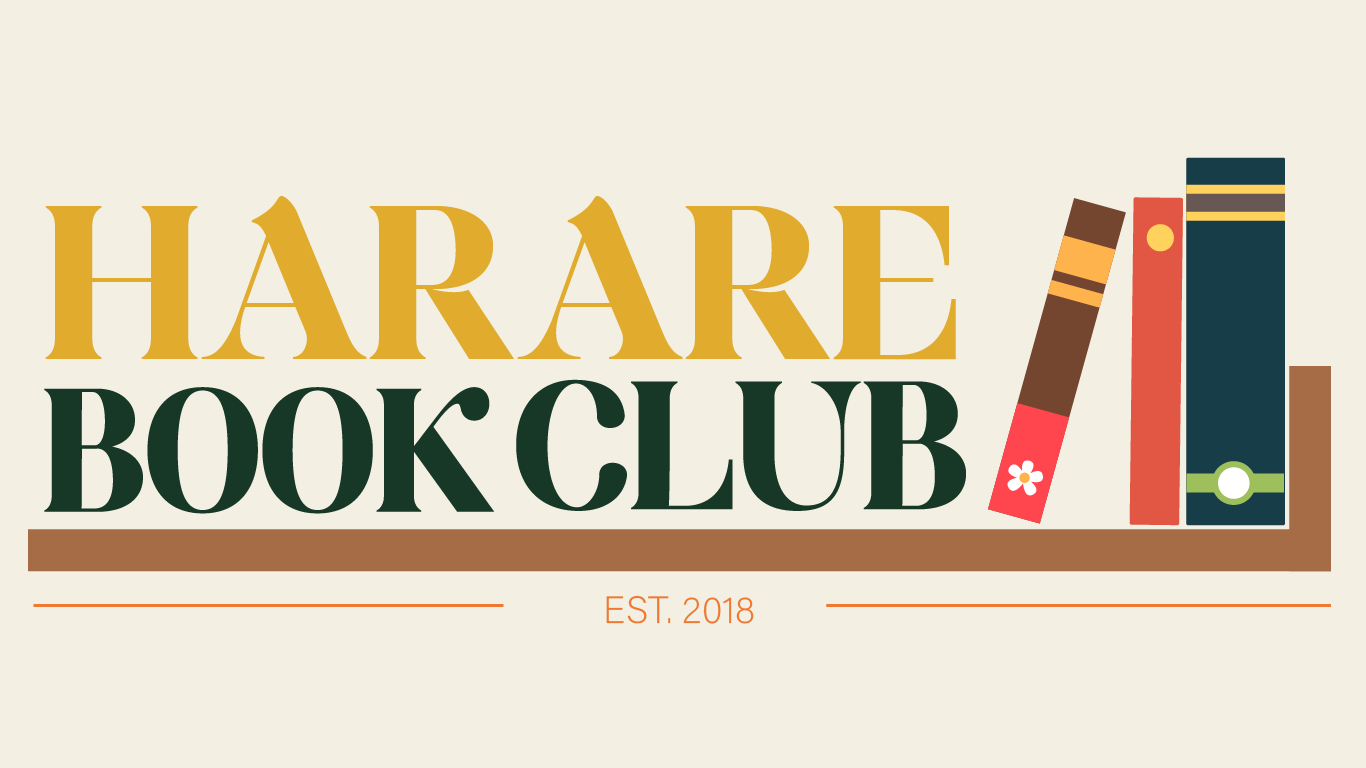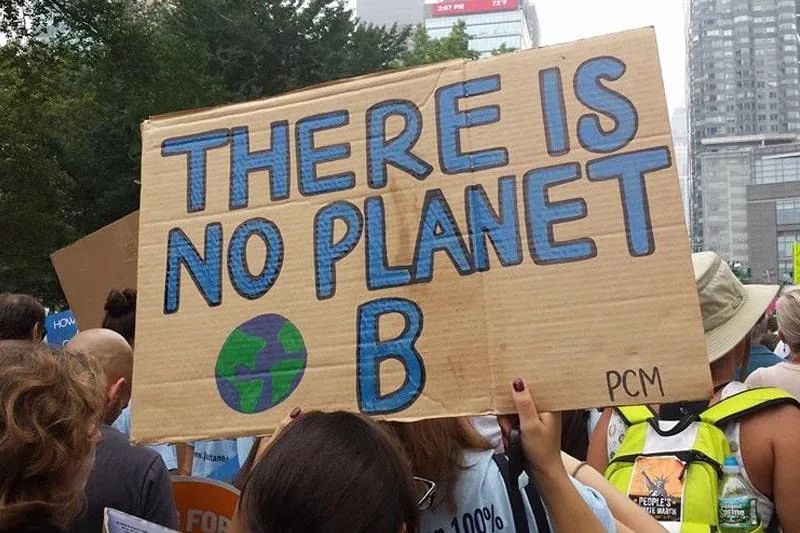Book Review: Dark Laboratory by Tao Leigh Goffe
BOOK REVIEW
“A civilisation that proves incapable of solving the problems that arise from its functioning is a decadent civilisation.
A civilisation that chooses to turn a blind eye to its most crucial problems is a damaged civilisation.
A civilisation that fiddles with its principles is a dying civilisation.”
- Aimé Césaire, Martiniquais Author & Politician
An Alternative View Of The Environmental Dilemma
In the March 2025 release ‘Dark Laboratory: On Columbus, The Caribbean and The Origins of The Climate Crisis,’ author Tao Leigh Goffe PhD invites readers to reimagine the origins of the current climate dilemma.
The traditional narrative on the genesis of climate change begins in the 18th century with the European Industrial Revolution introducing widespread burning of fossil fuels. While commercial manufacturing activity has greatly contributed to global warming by: releasing large amounts of greenhouse gases into the atmosphere, thereby trapping heat and amplifying the natural greenhouse effect. It must not be mistaken for the root cause.
Goffe posits that the leading climate chronology based on the Anthropocene - the current time where humankind is the dominant force influencing the Earth’s environment, unjustifiably ‘blames all human societies’. The author immediately makes it known in the first few pages of ‘Dark Laboratory’ that ‘the debates of the Anthropocene often fail to distribute the blame where it is due—on so-called developed nations.’. Being mindful of island nations in the Caribbean such as Grenada facing existential threats due to the impact of climate change, lays the groundwork for the rest of the book. Goffe unravels a sweeping and complex history that outlines the intersection between capitalism, colonialism, and the climate crisis.
“Denial of the colonial condition, denial of the origins of the crisis, limits our imagination and how to live after. Denial clouds our memory of the thriving world markets that functioned before the advent of modern capitalism.”
An Internationalist Author
Goffe, an associate professor of Literature at City University of New York, draws from various disciplines, ranging from geology to literature, biology, and history, to illustrate the interconnectedness of the climate struggle. Taking inspiration from various points in her life amidst passages of colonial history the author weaves in stories that span from her childhood in London, to attending graduate school at Yale University, to excursions in the Caribbean, Hong Kong, and beyond. Creating a narrative that blends personal experiences with thoroughly researched knowledge, positioning Goffe not as a distant observer but as a subject embedded in the material she interrogates.
The narrative zigzags across geographies, from Jamaica to Hong Kong, London, New York, and even the Netherlands, and in each place, the author finds a climate or racial problem worthy of being explored and explained in detail. In one section Goffe explains in extensive detail the history of guano – bird and bat excrement used as fertiliser in South America. Describing how guano became a tool of colonial exploitation for Europe, when originally it ‘had been considered a sacred material by many peoples.’. Tangents like this, though interesting and evocative, demand sustained attention from the reader to connect personal anecdote with political analysis. Readers must expend effort to keep up with the scientific enquiries and points of trivia presented.
While ‘Dark Laboratory’ grapples with scientific and historical enquiry, Goffe writes without extensive use of jargon, making it digestible for the average reader. The book requires time and attention, demanding that it be sipped like a fine wine to fully appreciate the message conveyed, and even so, you might still find yourself lost in the middle of a tale about bird watching in Trinidad.
The Bridge Between History and Our Lived Reality
Goffe’s argument remains pertinent as it offers a multi-racial perspective on the climate crisis: suggesting a redirection to solving the climate problem by embracing different scientific methods from Black, Asian, and Indigenous cultures. Thus, the current scientific method is inadequate as it has stolen from, silenced, and barred Black, Indigenous, and Asian perspectives, which potentially provide tangible and implementable solutions to the problems brought by climate change.
It is no surprise that ‘Dark Laboratory’ by Tao Leigh Goffe has already been adopted into university curricula. In a recent post on X (formerly Twitter), Goffe shared, “My book has only been out for two days, and I learned it's already being taught in grad seminars at Berkeley and NYU! :)."
The eagerness of academic institutions to integrate Goffe’s ideas into their courses displays the urgency of the book’s message, especially in the current political climate. Published amidst intensifying climate anxiety and growing demands for environmental justice, ‘Dark Laboratory’ is both timely and vital. It offers not just a critique, but various solutions in the form of reparations, Indigenous resurgence, and an economic future based on justice rather than exploitation.
Goffe’s international book tour has further amplified the message conveyed in ‘Dark Laboratory,’ which is: to question the origins of our environmental degradation knowledge, to unlearn, and to imagine a future with alternative methodologies in practice. Through public talks and discussions, the author challenges dominant ecological narratives and promotes decolonial frameworks for understanding and addressing the climate catastrophe. One user on X aptly described the book as “an essential read for understanding the origins of the climate crisis,” highlighting its immediate relevance.
A Call To Climate Action
‘Dark Laboratory’ has been published in 2025 at a time of growing climate anxiety and increased attention to environmental justice. The book contributes meaningfully to the dialogue and debates surrounding ecological restitution, particularly for communities that have long borne the brunt of environmental degradation caused by colonial extraction and racist global and scientific policies. Goffe calls for recognition of these historical injustices alongside reparations.
While a demanding read ‘Dark Laboratory’ is a necessary read. It compels its reader to reconsider the canon of “the scientific method,” taking a different approach to environmental healing, which makes it a vital intervention in the field of climate justice and beyond. The book was often entertaining and lyrical. It ultimately achieved what it set out to do. I would recommend this book to anyone interested in climate justice and the history of the climate crisis.
Thank you to Penguin Random House UK for providing Harare Book Club with a reviewer’s copy.
Written by - Kupakwashe Mabulala






